This short but informative beginner’s investment manual educates readers about the United Kingdom’s stock market. Financial journalist Michael Becket’s primer on investing covers information sources, general rules for selecting shares and the most common types of investments (stocks, bonds, gilts, futures, ETFs, options, tracker funds, and more) available to a UK investor. Becket does not break any new ground, but he is clear and thorough. While never giving financial advice, getAbstract recommends this guidebook as a readable, basic introduction to UK investing.
A Share in the Business
Money fuels business formation and growth. One way proprietors obtain financing is from investors who pay for a share in their businesses. The buyers then become fractional owners, or shareholders, in the organization. In these instances, corporate managers and staff members work for their shareholders. In exchange, shareholders in the United Kingdom have the right to appoint executives who have oversight or management roles in the corporation. On the monetary side, shareholders take a risk by investing in a company, so they are also entitled to dividends, which vary along with the organization’s profitability and strategy.
The Dutch invented stock exchanges in the 17th century as public institutions to facilitate the trading of shares among fractional owners of different firms. As shareholders buy and sell a company’s stock, exchanges enable investors to see the current, evolving price of each stock.
Investors need to know the varying risk levels that shares in various businesses present. The safest companies to buy are the blue chips, the highest-valued corporations, which generally carry less risk. The 100 largest corporations by market...








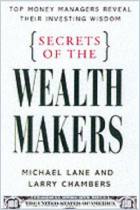
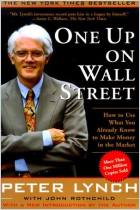
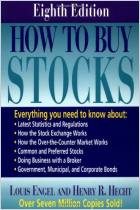
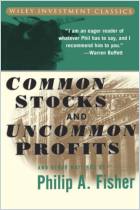
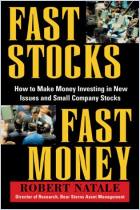
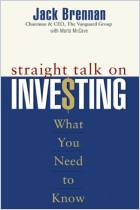







Comment on this summary or Iniciar a Discussão